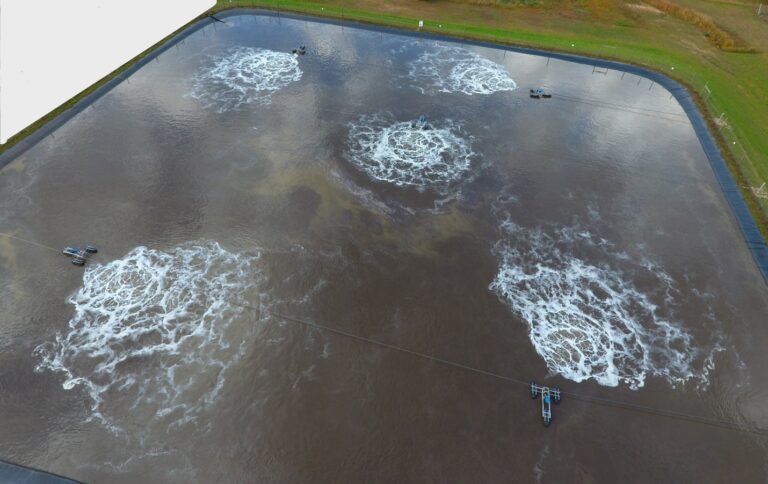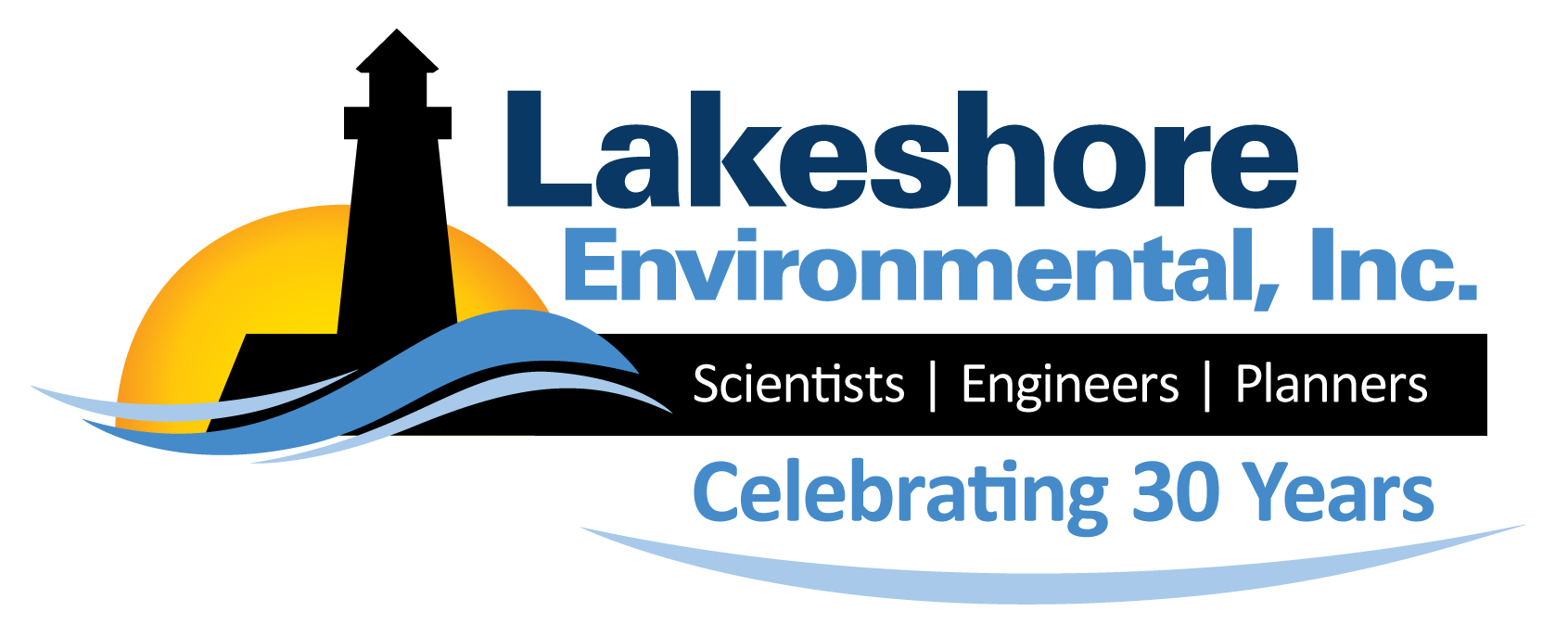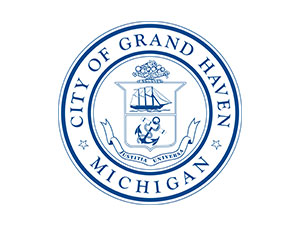October 25
Fruit and vegetable processing is a large industry in Michigan, producing millions of gallons of wastewater per day. Lakeshore Environmental’s project managers work with food processing clients to manage their wastewater in an environmentally friendly way. One of the primary ways to clarify wastewater in lagoons is to add mechanical aeration to support natural biological processes. For example, surface aerators (as shown above) can provide significant reduction in biochemical oxygen demand prior to land surface application for additional treatment and nutrient recycling.


